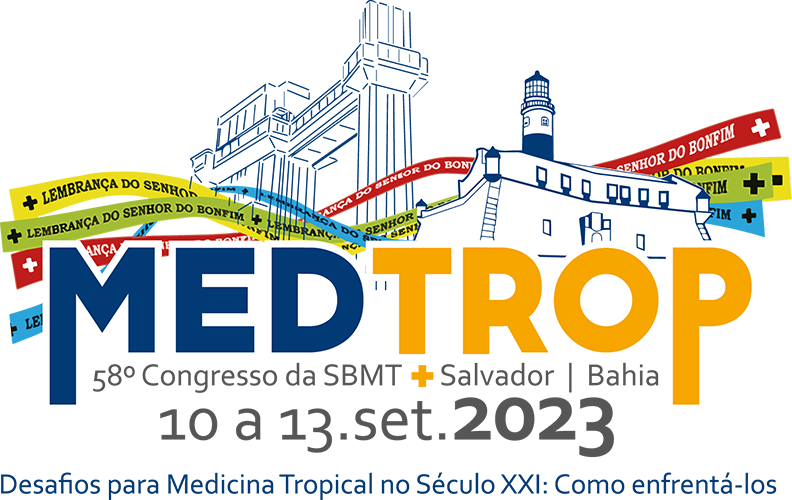Dados do Trabalho
Título
FINGOLIMOD TREATMENT IN THE EXPERIMENTAL CHAGAS DISEASE CARDIOMYOPATHY
Introdução
An important public health issue, chronic Chagas disease, still exists in the twenty-first century. Although the processes that lead to the development of the symptomatic form of the chronic form of the disease are not completely understood, the role of the inflammatory response is unquestionable. Additionally, the lack of effective chemotherapy makes research into novel therapeutic strategies a top priority.
Objetivo (s)
Here, using an animal model of Chagas disease cardiomyopathy, we assessed the therapeutic potential of Fingolimod, a sphingosine-1-phosphate receptor modulator.
Material e Métodos
Chronically infected C57Bl/6 mice (Colombiana straim), six-month post-infection, were treated i.p. with Fingolimod (0.3 mg/kg body weight) or saline; Naive mice were used as controls. Mice were euthanized two months after treatment. Formalin-fixed, paraffin-embedded heart sections were stained with hematoxylin-eosin and sirius red to evaluate the inflammation and fibrosis. qRT-PCR assays were performed to detect the expression levels of inflammatory molecules, and quantification of cytokines was performed by ELISA. Galectin3 was also evaluated in the hearts by immunofluorescence analyses.
Resultados e Conclusão
Fingolimod administration statistically reduced the heart fibrotic area by 48.4% and the number of inflammatory cells by 22.1 % compared with the saline group. All genes analyzed were related to inflammation, fibrosis, and immune responses, and when Fingolimod-treated chagasic hearts were compared to infected mice Saline-treated, 73% of the upregulated genes detected in infected hearts were restored to normal levels (PTPRC, Col1A1, TNFα, IFN, Arg1, Nos2, Cox2, IL-1, MMP9, CxCL9, and CxCL10). Galectin3 expression in the heart was modulated by Fingolimod treatment compared with saline (2.140x4.088 cells/mm2), and serum levels of TNFα, IFN, and IL-1β were reduced after treatment (46x22; 144.8x61.72; 46.00x12.11 pg/mL, respectively). Our results indicate that Fingolimod, through its immunomodulatory activity, can be beneficial in the treatment of the chronic phase of T. cruzi infection and suggest that S1P-activated processes are new therapeutic targets in chronic Chagas disease.
Palavras-chave
Chagas disease cardiomyopathy; Inflammation; Fibrosis; Fingolimod; sphingosine-1-phosphate.
Agradecimentos
CNPq, CAPES, PRONEX e FAPESB.
Área
Eixo 06 | Protozooses
Categoria
NÃO desejo concorrer ao Prêmio Jovem Pesquisador
Autores
JULIANA FRAGA VASCONCELOS, CÁSSIO SANTANA MEIRA, MALENA FEITOZA, DANIELA NASCIMENTO, GIRLAINE CAFÉ SANTOS, CARINE CARDOSO, MILENA BOTELHO SOARES

 Português
Português English
English